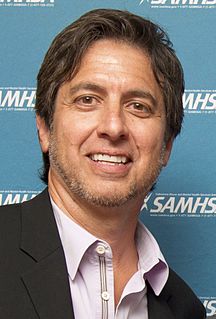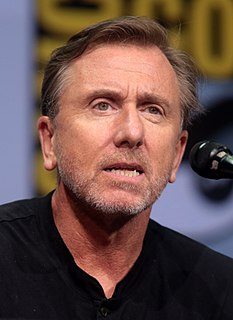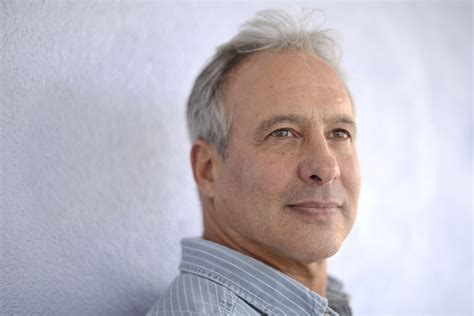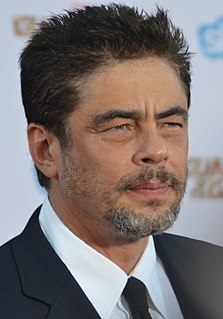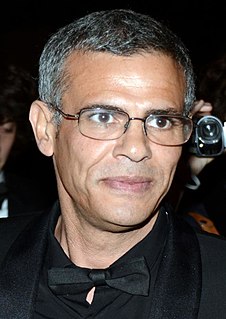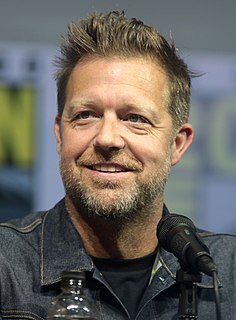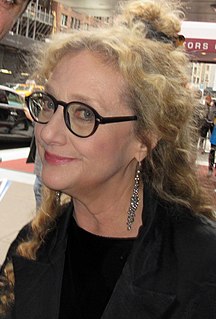A Quote by Samantha Morton
If I'm preparing for something and I've got a huge day the next day, I have to get into character the night before to assess the scene. I can't assess a scene unless I'm in character, if that makes sense.
Related Quotes
What is a scene? a) A scene starts and ends in one place at one time (the Aristotelian unities of time and place-this stuff goes waaaayyyy back). b) A scene starts in one place emotionally and ends in another place emotionally. Starts angry, ends embarrassed. Starts lovestruck, ends disgusted. c) Something happens in a scene, whereby the character cannot go back to the way things were before. Make sure to finish a scene before you go on to the next. Make something happen.
I remember in one of my early films I had a drunk scene. It was Kiss Me Goodbye, with Sally Field, and I was playing this kind of nerdy guy who gets drunk and dances. And so I thought, "Oh well, I'll just get drunk and do the dance." And it was wonderful, but then I had the rest of the day, and the next day. So I learned that you don't really have to do the things that your character is doing. But us actors, we use something called sense memory. I've certainly been drunk before, and part of my job is to recall that without getting drunk.
For a sitcom sex scene, you get in bed and that's the end of the scene. It quick and it was fast, but it was foreign territory for me. Not for Bobby. Bobby Cannavale has been down that road before. With my character, I think it will be a one-and-out. I don't think you'll see my character [in Vinyl] naked again, so relax everybody.
When something arrives, you have no idea what's in it, which is good. And then, it's is the story leaps off the page at you and how your character functions within it. There could be just one scene and if it's wonderful, it doesn't matter how much you're working on it because you just want to be in it. It's really about what your character's day to day world looks like, and if you feel like that's something that's complete, and that you'd like to inhabit for awhile. You'll know by a couple of scenes in. If the character grabs you, you run with it.
When I'm creating a character, it's a little bit like what my theater teachers used to tell me about Stanislavsky, like if you're using sense memory to do a scene - if you have to cry in a scene, you try to remember something in your life that made you cry and you use that in order to get the tears.
Film and television are very different. On the TV show, we do seven or eight scenes a day, so time and money are of the essence, and we have zero room for creativity because you've got to do each scene in only five takes. Whereas, on a film, you have an entire day to film one scene, so you have so much time to choose how you want to fill in a scene.
The stage is that immediate rush of energy you get from the audience. Also, doing something in chronology - something that starts and finishes the same night. In television, you work toward the one scene, you shoot it, and then you have to forget about it because you have to worry about the next scene.



